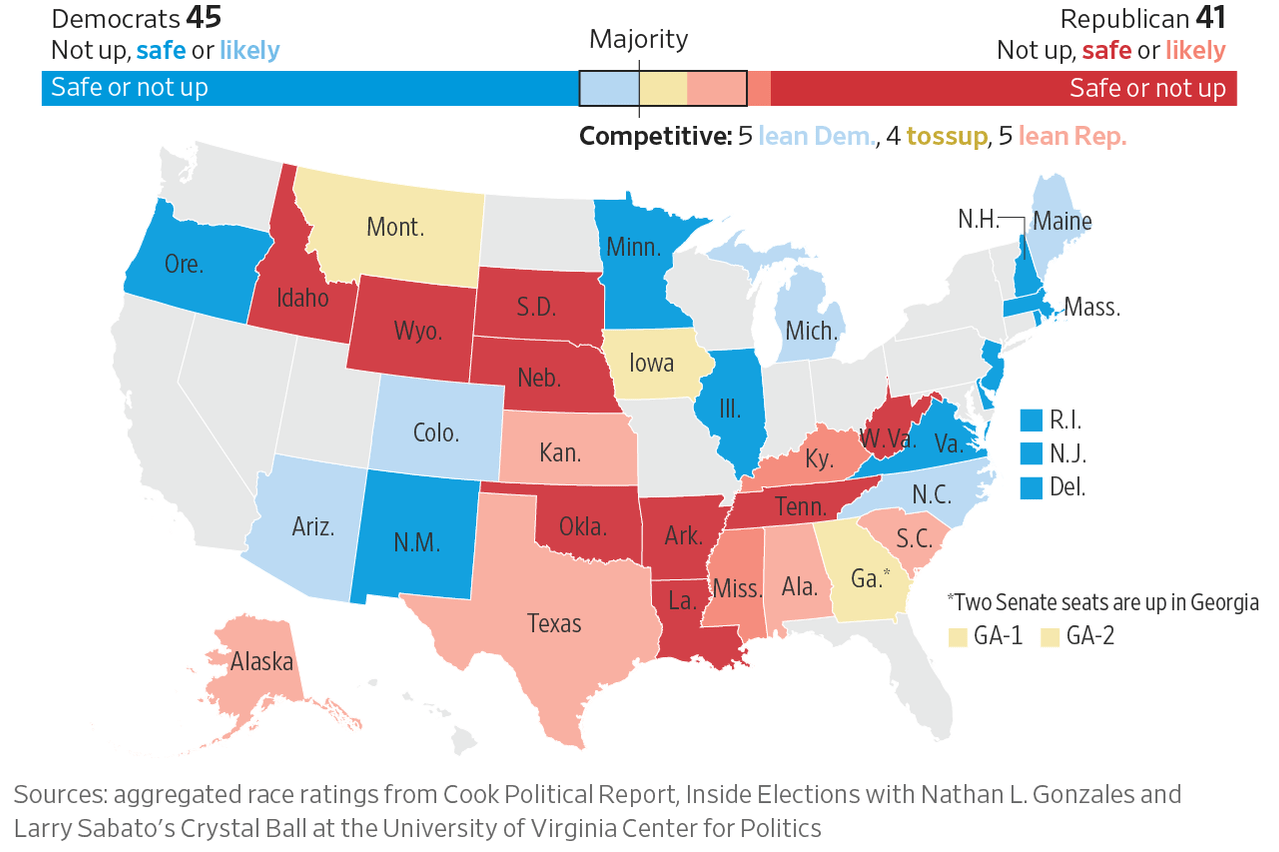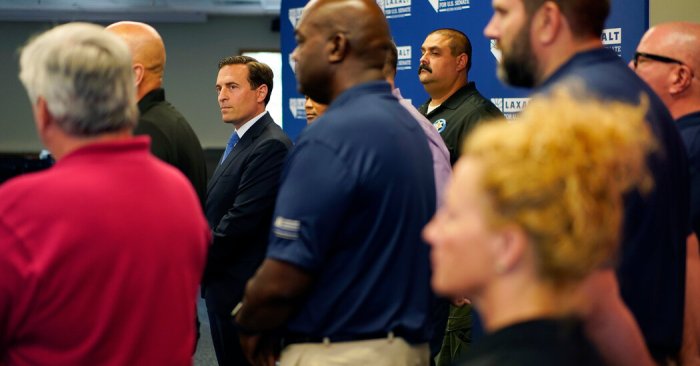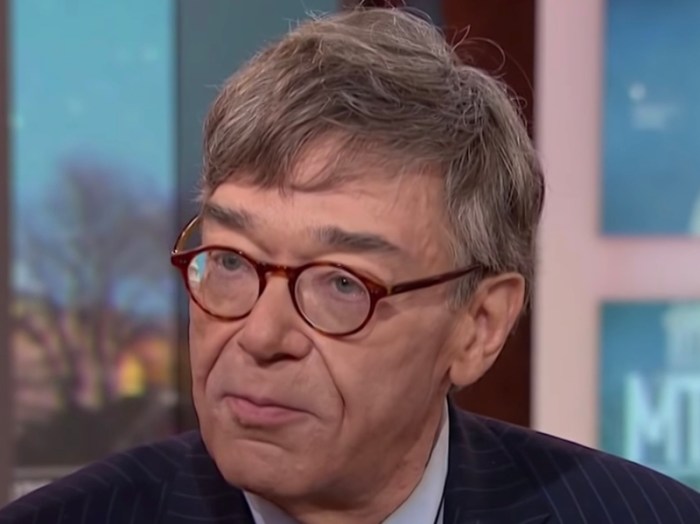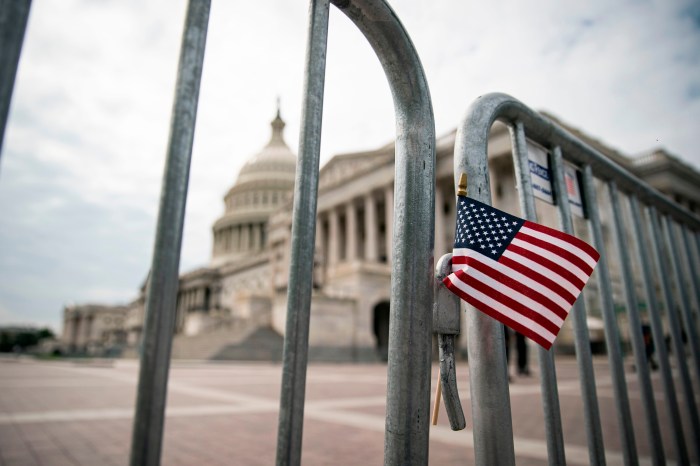Senate races tend to inspire candidates and voters alike, shaping the political landscape of the United States. From historical significance to the personal motivations of candidates, these races hold a unique place in American politics.
Senate races have played a pivotal role in shaping major policy decisions and societal changes. The outcomes of these races can shift the balance of power in the Senate and have far-reaching implications for the nation.
Historical Significance of Senate Races

Senate races have played a pivotal role in shaping the political landscape of the United States. They have served as a battleground for major policy decisions and societal changes, with the outcomes having profound impacts on the nation’s trajectory.
Senate races tend to inspire a lot of interest and discussion. They are often seen as a barometer of the political climate in the country. In the past, senate races have been a key indicator of the outcome of presidential elections.
In recent years, however, senate races have become more competitive, and the outcome is often less predictable. This has made them even more interesting to follow. If you’re interested in learning more about the latest senate races, I recommend checking out the nihss group d answer key . It provides a comprehensive overview of the candidates and the issues they’re running on.
Senate races tend to inspire a lot of interest and discussion, so it’s worth staying informed about the latest developments.
Throughout history, Senate races have been a reflection of the political and social tensions of their time. The election of abolitionists and civil rights advocates to the Senate, for instance, marked significant milestones in the fight for equality and justice.
Influencing Major Policy Decisions
- Civil Rights Act of 1964:The passage of the landmark Civil Rights Act was heavily influenced by the election of Democratic senators who supported the legislation, overcoming resistance from Southern Democrats.
- Affordable Care Act:The passage of the Affordable Care Act in 2010 was secured by a narrow Democratic majority in the Senate, despite significant Republican opposition.
- Tax Cuts and Jobs Act of 2017:The Republican-controlled Senate passed the Tax Cuts and Jobs Act, a major tax reform package, which had a significant impact on the economy.
Shaping Societal Changes
- Women’s Suffrage:The election of pro-suffrage senators was instrumental in the passage of the 19th Amendment, granting women the right to vote.
- Same-Sex Marriage:The Supreme Court’s decision legalizing same-sex marriage in 2015 was influenced by the growing number of senators who supported marriage equality.
- Climate Change:The election of senators who recognize the urgency of climate change has led to increased legislative action on this issue.
Factors Inspiring Senate Races: Senate Races Tend To Inspire

The decision to run for a Senate seat is often driven by a complex interplay of personal ambition, political ideology, and a desire to serve the public. Candidates are motivated by a variety of factors, including their personal beliefs, their desire to make a difference, and their ambition to achieve higher office.
Party Affiliation
Party affiliation plays a significant role in Senate races. Candidates who run as members of a major political party, such as the Democratic or Republican Party, have access to party resources, such as campaign funding, voter lists, and organizational support.
This can give them a significant advantage over independent candidates or candidates from smaller parties.
Electoral Systems
The electoral system used in Senate races can also influence the dynamics of the race. In states that use a plurality voting system, the candidate with the most votes wins, even if they do not receive a majority. This can lead to situations where a candidate wins with a relatively small percentage of the vote, which can make it difficult for challengers to unseat incumbents.
Fundraising
Fundraising is essential for Senate candidates. Candidates need to raise large sums of money to pay for campaign expenses, such as advertising, staff salaries, and travel. Candidates who are able to raise more money have a significant advantage over their opponents.
Impact on Political Campaigns

Senate races play a significant role in shaping political campaigns, influencing strategies, and determining electoral outcomes. Candidates employ various tactics to mobilize voters, secure endorsements, and raise funds.
One crucial aspect is voter mobilization. Candidates engage in grassroots organizing, attending local events, knocking on doors, and utilizing social media to connect with potential voters. They aim to build personal connections, articulate their vision, and mobilize support.
Media Coverage
Media coverage is pivotal in shaping public perception and influencing campaign outcomes. Candidates seek positive media attention through press conferences, interviews, and op-eds. They leverage media platforms to convey their messages, engage with voters, and counter opposing narratives.
Social Media
Social media has become an indispensable tool for political campaigns. Candidates use platforms like Twitter, Facebook, and Instagram to connect with voters, share updates, and engage in online discussions. Social media allows for direct communication, rapid dissemination of information, and targeted advertising.
Implications for Electoral Outcomes

Senate races hold significant implications for electoral outcomes, influencing the balance of power in the Senate, the political landscape, and even the presidential election.
By determining which party controls the Senate, Senate races directly impact the passage of legislation, the confirmation of presidential appointments, and the overall direction of the country’s policies.
Balance of Power in the Senate, Senate races tend to inspire
- Senate races can alter the balance of power in the Senate, as each state elects two senators regardless of its population.
- Control of the Senate grants a party the ability to shape the legislative agenda, confirm or block presidential nominees, and influence the direction of the country.
Impact on the Presidential Election
- Senate races can indirectly impact the presidential election, as they can affect the political climate and the perception of the incumbent president.
- A strong performance by one party in Senate races can boost the morale of its supporters and increase their enthusiasm for the presidential election.
Impact on Down-Ballot Races
- Senate races can also influence down-ballot races, such as those for the House of Representatives, state legislatures, and governorships.
- The results of Senate races can create a “coattails” effect, where voters who support a particular party’s Senate candidate are more likely to vote for other candidates of that party in lower-level races.
FAQ Corner
What factors inspire candidates to run for Senate seats?
Candidates are motivated by a combination of personal ambition, political ideology, and a desire to serve the public.
How do Senate races impact political campaigns?
Senate races influence campaign strategies, voter mobilization, fundraising, and media coverage.
What are the potential implications of Senate races for electoral outcomes?
Senate races can affect the balance of power in the Senate, the presidential election, and other down-ballot races.
